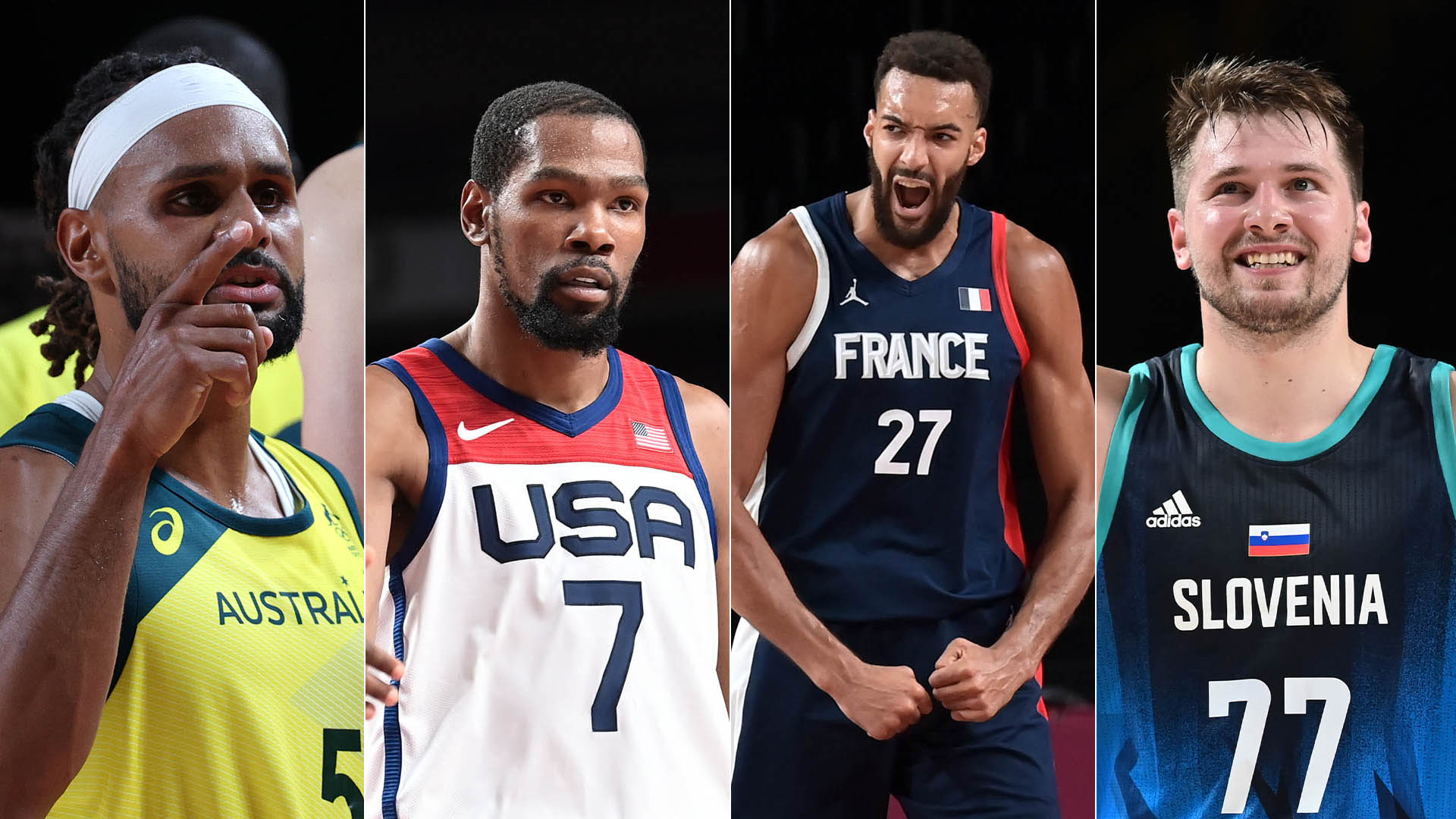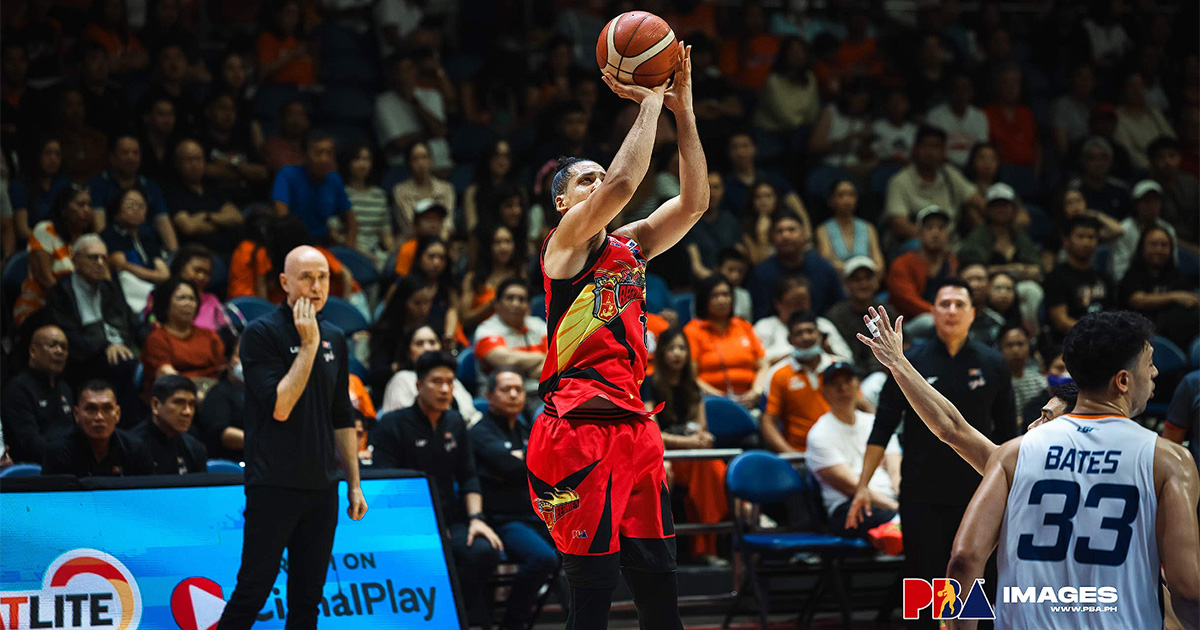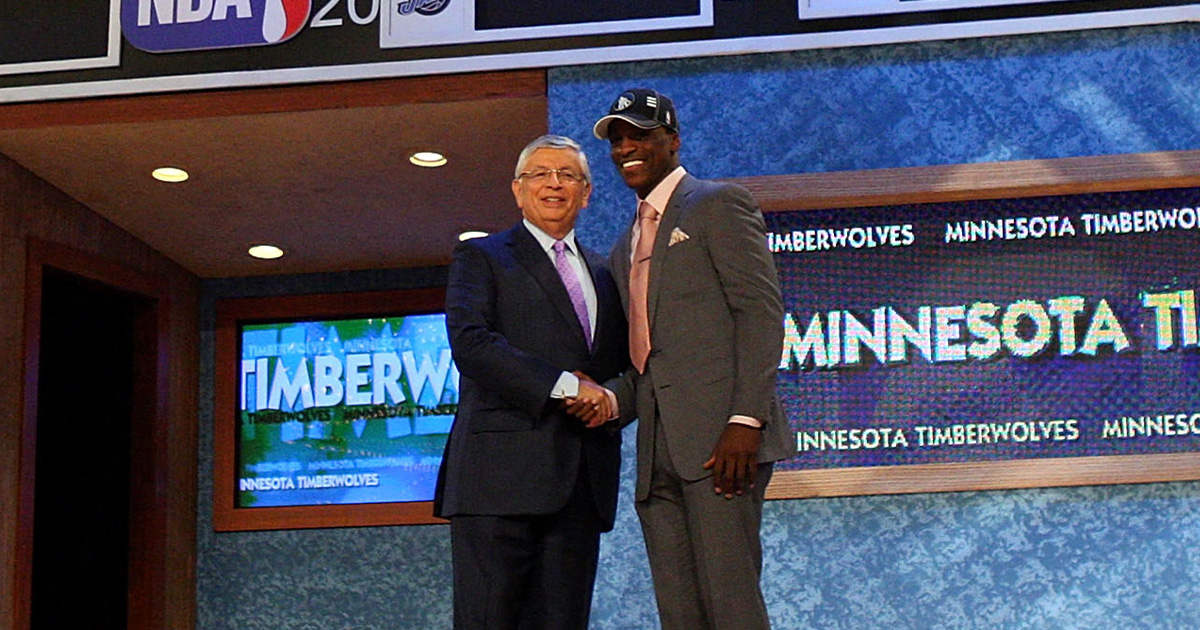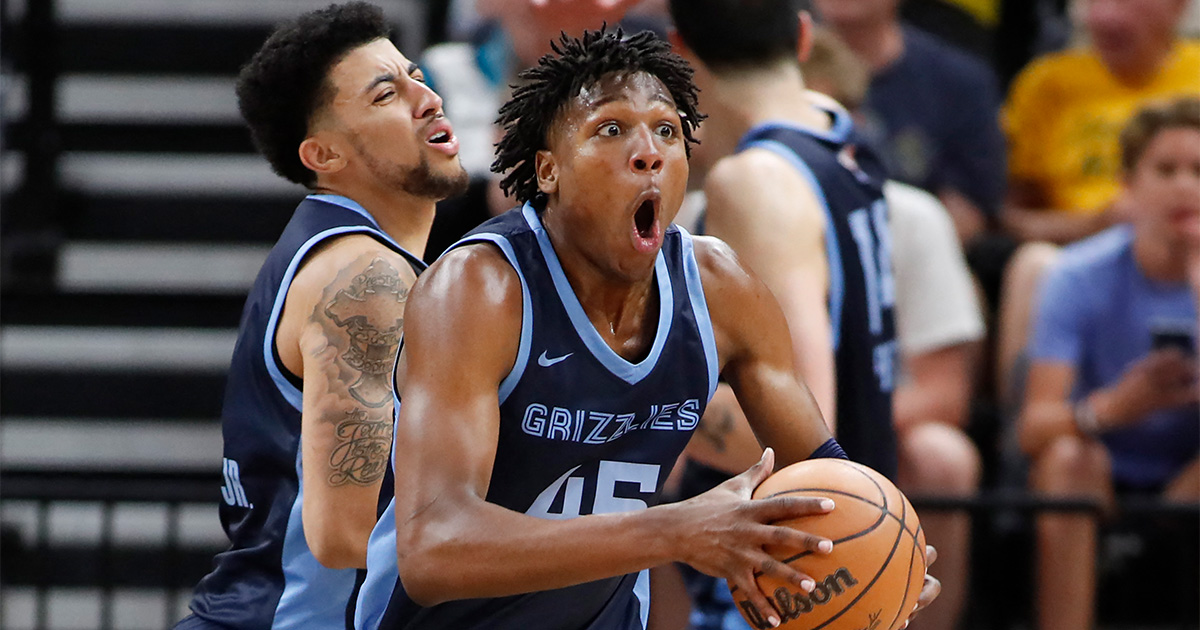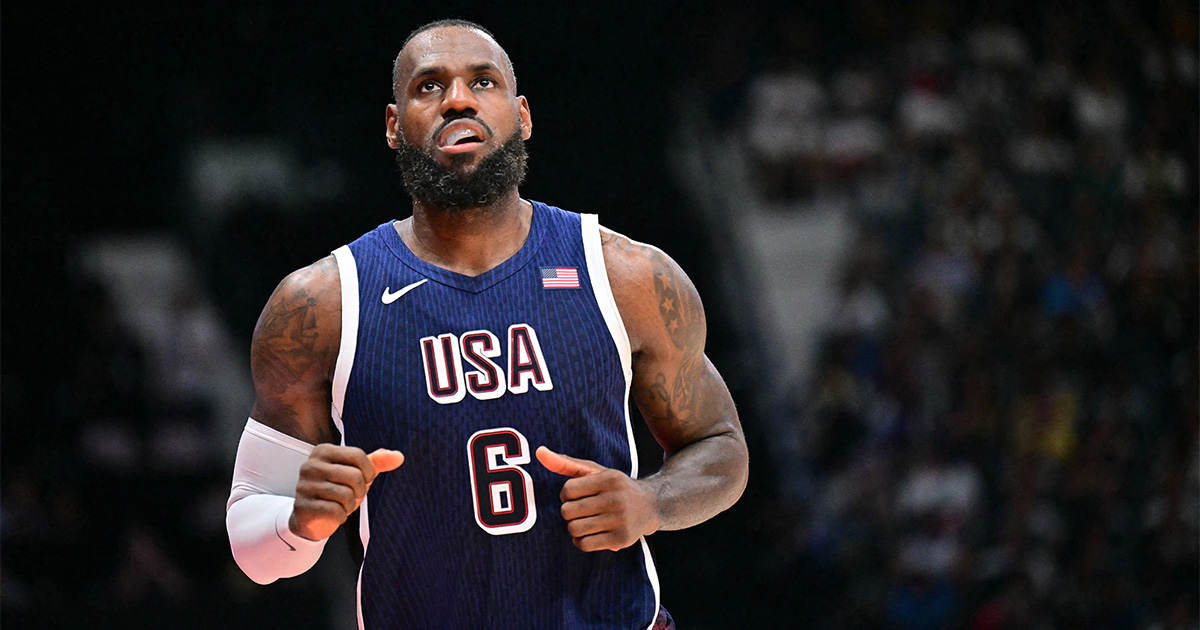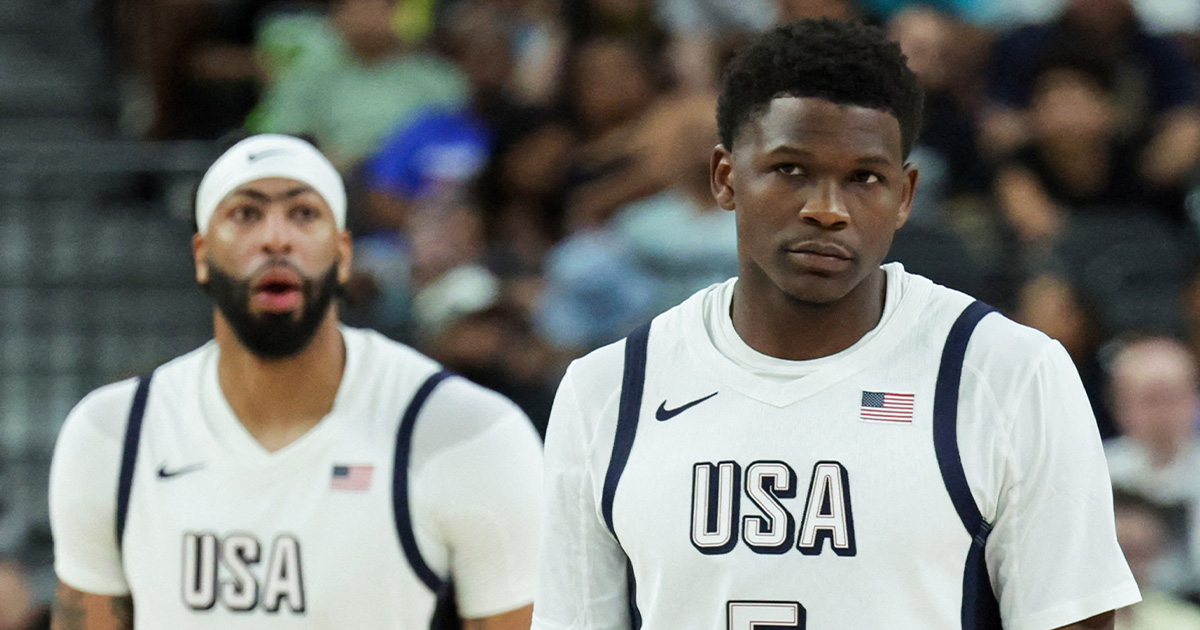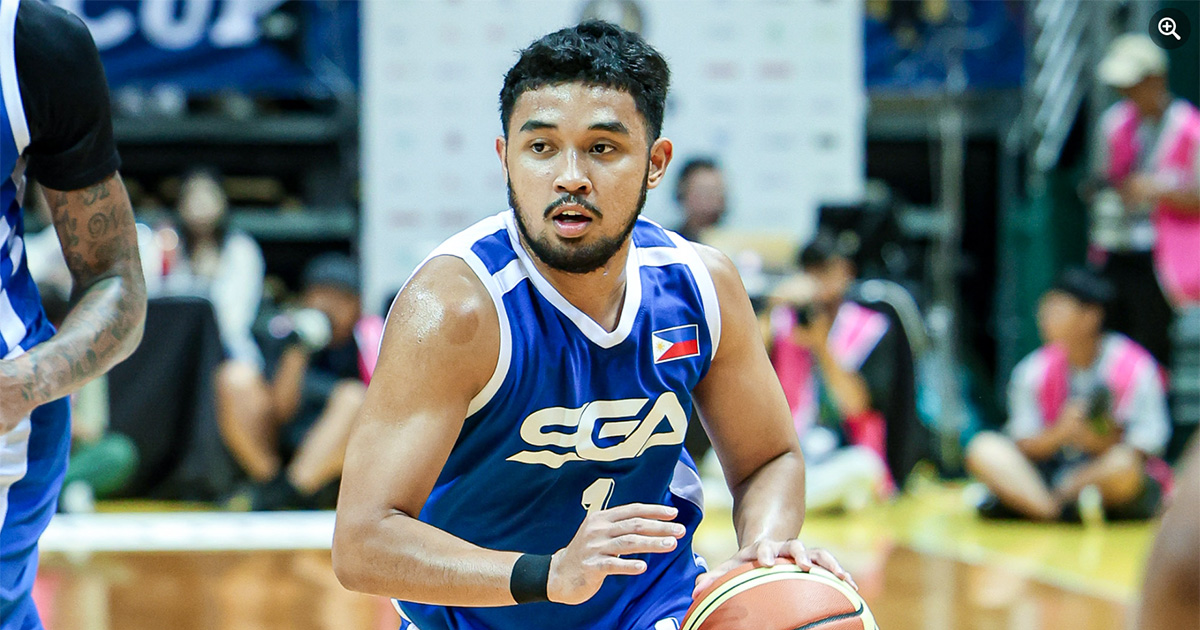And then there were four.
Four teams with a legitimate shot at an Olympic medal. Four basketball programs with something to prove. Four nations in search of basketball glory. Here’s our take on what their keys to victory are.
Australia vs. USA
Team USA’s 95-81 win over the Spanish national team certainly ups their confidence heading into the semifinal against Australia. Delving into the details of the game, however, provides some areas they have to work on to advance to the gold medal game.
Shots weren’t falling for the US in the first half and that, along with a size disadvantage in the frontcourt, has been among the big issues for the squad. A huge second half from Kevin Durant, who finished the game with 29 points, along with support from Jayson Tatum (13 points), Jrue Holiday (12 points), and Damian Lillard (11 points), proved to be pivotal in them pushing past the 2019 FIBA World Cup champions.
Beyond the offense, it was the defensive adjustments of Team USA that helped create separation. Spain couldn’t carry over the momentum from the first half, as they scored their first second half field goal way past the halfway mark of the third quarter. The US clogged the passing lanes and solid post defense from Draymond Green negated the size advantage the Spaniards had over the Americans. They will have to do the same against Australia, who are also a cohesive unit that has a bit of a size advantage over Team USA.
Australia also needed a strong second half to take down Argentina. While the 97-59 score further emphasizes their status as one of the gold medal contenders, it’s how they did so that makes their matchup against Team USA intriguing.
Patty Mills led the team in scoring with 18 points, but it was his and Joe Ingles’ efforts to get everyone else involved in the offense that allowed Australia to create that huge separation in the second half. As a result, five Australians scored in double figures and as a team, they had 33 assists on 12 turnovers.

The key for Australia to advance to the gold medal game would be to make the US take shots they think they shouldn’t take. It could be a huge gamble, but the Australians can lull the Americans into taking 3-pointers and going to a more iso-heavy offense. Look for Matisse Thybulle to help in disrupting the passing lanes as well, with his length being particularly crucial because he’ll be defending the likes of Durant and Tatum.
The game against Argentina also showed how dangerous Australia can be from beyond the arc. They shot a crazy 17 of 38 (45%) from three, which effectively erased any chance Argentina had of coming back into the game. The Americans will have to be careful with their defensive rotations, considering that six Australian players made at least a pair of triples.
Team USA still have the overwhelming advantage in individual talent, and are justifiably a huge favorite. The Boomers will need to play a near-perfect game to beat the Americans, but they have a lot more momentum and weapons than the aging Spain squad that the US defeated to reach the semis. It’s going to be a compelling matchup.

Slovenia vs. France
Slovenia has shown that they don’t need Luka Doncic to go supernova on offense every night. Six players scored at least eight points in Slovenia’s 94-70 quarterfinal win over Germany, with Zoran Dragic (yes, the brother of Goran Dragic) leading the way with a game-high 27 points and missed only two shot attempts (both three-point attempts).
Doncic still finished with a classic Luka-esque statline (20 points, eight rebounds, and a game-high 11 assists), but this game was a demonstration of how Slovenia can still come up with a balanced effort and remain dangerous. Mike Tobey also continued to have his way in the paint as he finished with 13 points and 11 rebounds.
A team effort like the one produced in their win over Germany will be critical against France, who deploy imposing big men in Rudy Gobert and Moustapha Fall and good perimeter players and defenders in Nicolas Batum and Evan Fournier. Getting Gobert and Fall into foul trouble is one way of swinging things in their favor, and running an effective two-man game between Doncic and Tobey is a solid place to start. The likes of Dragic and Vlatko Cancar have shown they are capable of knocking down 3-pointers and doing so will open up the driving lanes for Doncic.
On defense it’s simple: avoid putting Doncic in foul trouble. Sure, Slovenia is capable of producing balanced scoring, but at this stage of the tournament, it’s ideal to have your best player on the floor as much as possible. International basketball gives more leeway to defense with respect to fouls, but the Slovenians will want to avoid leaving anything to chance this close to a shot at the gold medal.
The French national team have broken through the quarterfinals for the first time since their silver medal finish back in 2000. Their 84-75 over Italy was not without its hitches as the likes of Simone Fontecchio, Danilo Gallinari, and Achille Polinara took turns in keeping the Italians within striking distance. In the end, it was solid individual and team defense that helped France seal their spot in the final four.
Batum had a double-double of 15 points and 14 rebounds, but it was his blocks on Fontecchio on multiple occasions that were more valuable. The breakdowns in transition that could have resulted in momentum changing baskets were prevented by individual defense that allowed the rest of the team to recover.

The key to victory for France against Slovenia is simple: Stop Luka Doncic. Whether it be well-timed double (or perhaps even triple) teams or even employing something like a box-and-one (which takes you back to your high school days) or triangle-and-two, shutting down the opponent’s best player will always be your best bet.
At this stage of the competition, they would rather that the likes of Tobey and Dragic try to beat them. Anyway, both players haven’t encountered an imposing frontline like that composed of Gobert, Fall, and Yabusele nor a backcourt like Batum and Fournier.
It’s gut-check time for these four teams and obviously winning at this stage is easier said than done. What’s on the line at this point will certainly motivate them, but the pressure that comes with it and how they respond to it could spell the difference between a medal in the neck and coming home empty-handed.
One thing is clear, too. There are no easy games left on the road to gold, and we’re going to see two action-packed battles.


